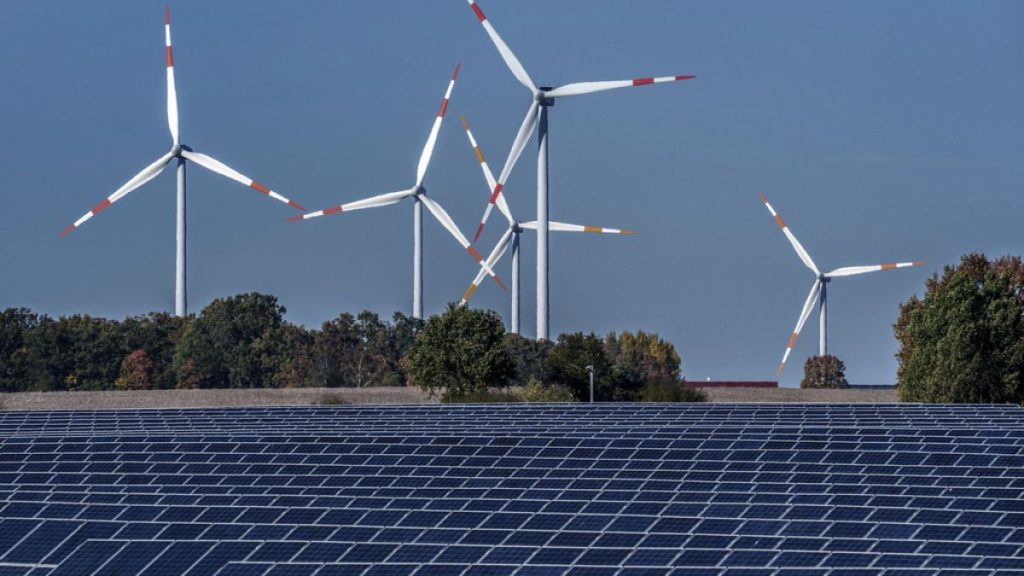As the run-up to the European Parliament elections on 6 June approaches, various industry lobbies, interest groups, and NGOs are releasing their own election manifestos. Clean tech companies are calling for EU support to match the funding received by US competitors and state-supported production in China. Cleantech for Europe, supported by Bill Gates’ Breakthrough Energy initiative, is advocating for investment in workforce upskilling and clean electricity production. Eurobat is urging the EU to boost market uptake of battery technologies in mobility, and the Renewable Hydrogen Coalition is pushing for renewable hydrogen to be prioritized in legislation and funding.
The Energy Storage Coalition is calling for more public funding for clean technologies and the exclusion of fossil fuel infrastructure from support. Solar Heat Europe is advocating for a Renewable Heating and Cooling Action Plan with a focus on increasing solar thermal deployment. Environmental NGOs are also calling for a change in policy direction, moving away from a growth-driven approach and towards sufficiency in resource management, urging the EU to prioritize demand management across the economy.
The strategic agenda for the next five years, which will be adopted by heads of government at a European Council summit in June, will guide the European Commission in setting policies. The agenda will be influenced by the next European Parliament and new EU executive. Environmental NGOs are requesting that hydrogen use be limited to priority applications, such as sustainable aviation fuels for decarbonizing sectors like aviation. They are also advocating for a shift towards alternative forms of transportation and infrastructure investments to reduce individual car use.
Interim climate commissioner Wopke Hoekstra has suggested that policy makers may need to consider lifestyle changes as a policy aim to achieve emissions reduction targets. A leaked draft of the 2024-29 strategic agenda received criticism from NGOs for relegating environmental and climate crises to a minor mention. Heads of government are expected to agree on the EU’s direction by the end of June after the European Parliament elections. The outcome of these elections will shape the agenda for the next five years in the EU, with various industry groups and environmental NGOs pushing for different priorities in clean tech, energy, and resource management.









